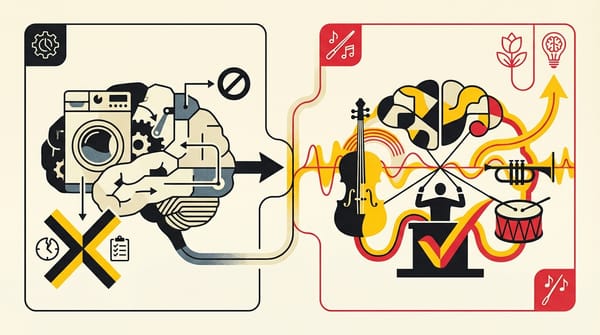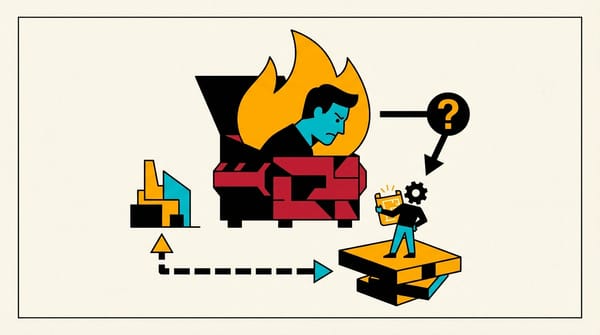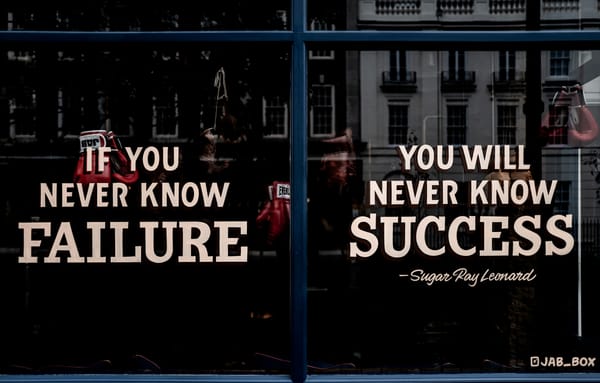Why a Cup of Coffee Might Be More Important Than Investments
Discover why your daily coffee ritual may hold more value than financial investments. Learn how small joys can enhance well-being and productivity!

🤖 This podcast is generated using AI technology. Disclaimer: The generated content may contain errors.
Picture this: I'm sitting in the library, cradling what some would call an "inexcusably expensive" specialty coffee, when I stumble upon yet another financial guru's proclamation in one of those glossy magazines where every article begins with "How I Made My First Million." The sage advice? "Give up your $6 morning latte, and in 40 years you'll be a millionaire!" I nearly spilled my overpriced coffee from laughing. One more statement like that and I'll gouge my eyes out (though my grandmother would say that's wasteful – perfectly good eyes, after all).

Let's talk about how often we confuse price with value, especially when it comes to that delicate matter of mental health.
Boomers vs. The World
You know what genuinely exhausts me? These proclamations from popular figures – mostly boomers who seem to have forgotten their own youth – who keep insisting that young people are lazy, no one wants to work, no one buys homes, and we all just fritter away money like autumn leaves in the wind.
Here are some decidedly unpoetic numbers that tell quite a different story:
Housing Price and Income Growth Since the 1970s
- Housing prices have soared by 1608% since 1970, while inflation (that sneaky thief of purchasing power) crept up by 644%.
- If housing prices had been as well-behaved as inflation since 1970, the median house would cost $177,788 today, not $408,100.
- From 2000 to 2023, inflation-adjusted median household income grew by a mere 7% – about as impressive as a snail's morning jog at 0.3% per year.
Housing Price-to-Income Ratio in Major Cities
- San Francisco went from a modest 2.6 in the 1960s to an eye-watering 8.8 in 2017.
- Los Angeles wasn't far behind at 8.4.
- Seattle and Denver, at 5.4 and 5.1 respectively, are like the "budget-friendly" cousins who still make you wince when they ask for a loan.
General Trend of Declining Housing Affordability
- The housing price-to-income ratio in the US has nearly doubled from 2.5 in 1980 to 4.4 in 2023.
- As of 2023, 38.6% of median household income goes to monthly mortgage payments – making housing about as affordable as a golden unicorn.
Toxic Frugality: When Mathematics Meets Reality
In my homeland, we had a saying that roughly translates to "A penny saved is a penny earned." I can still see my grandmother wrapping leftover bread in newspaper – a habit born from memories of war-time hunger. But there's a world of difference between sensible thrift and the kind of toxic frugality that gnaws at your soul like a mouse at a wire.
A 2020 Harvard Business School study revealed something my grandmother would have scoffed at: people who permit themselves regular small pleasures are actually better at achieving their goals and more resilient to stress. The reason? These little joys act like psychological airbags against life's daily collisions.
Red Flags of Toxic Frugality:
- When buying a simple chocolate bar feels like signing a confession of financial crimes
- Spending your evenings calculating how much your neighbor's takeout habit costs them annually
- Postponing basic needs with the same determination as a Soviet citizen queuing for toilet paper
- Feeling perpetually exhausted from maintaining your personal austerity program
Neurobiology of Small Joys
Have you ever wondered why that café coffee hits differently than your home brew? According to neuropsychology (a field that makes my mom proudly tell their friends the child knows "in science"), it's not just about the caffeine. The anticipation, the ritual, the ambient chatter – it's like a symphony for your dopamine receptors. Add some social interaction with the barista who knows your order by heart, and you've got yourself a full-blown neurochemical party.

"Small joys are not luxuries, but necessary anchors of psychological stability in our chaotic world" – as noted by modern researchers, who probably enjoy their own cups of overpriced coffee

However, it's worth noting that home-brewed coffee isn't necessarily the poor cousin in this neurological family reunion. For some people, the morning ritual of grinding beans and watching their moka pot bubble away like a tiny Italian volcano can be equally soul-nourishing.
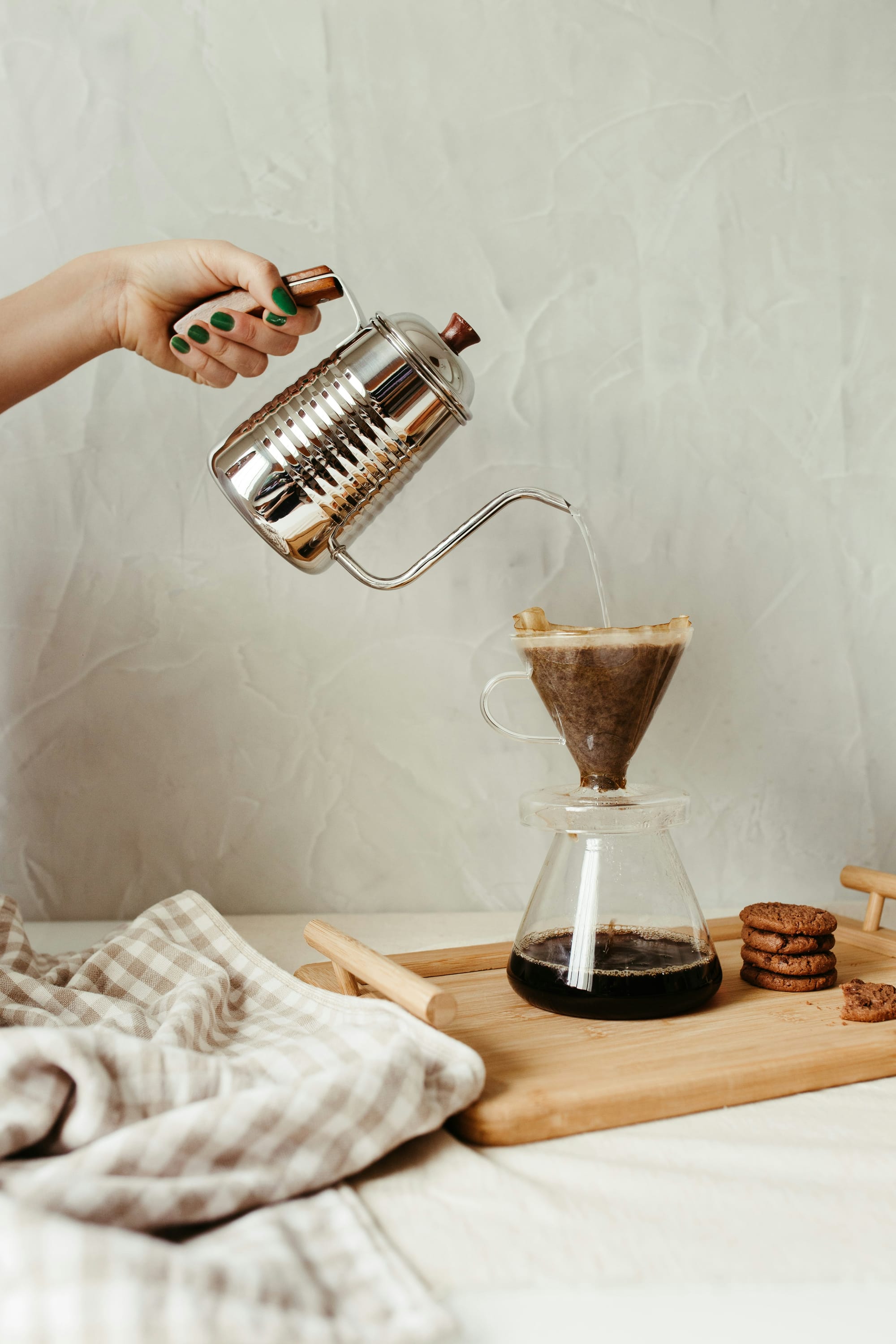
It's all about what makes your particular brain light up like a Soviet New Year's tree.
Don't Compare Yourself to Others, We're All Different
Let's compare the qualities of two people in their basic state, like comparing two different car models - a Russian Lada and a German Mercedes - they can both get you to your destination, but the journey will be completely different.

We Have Different States at Different Times
Reality check: we're rarely operating at baseline. Life throws curveballs, and sometimes you're about as functional as a Lada in a snowstorm. That's why despite all your potential, there are days when even making toast feels like rocket science. Meanwhile, your colleague is bouncing around like they've discovered a secret stash of Adderall.

Personal Experience
If my story doesn't resonate with you – fantastic! Maybe you're already a financial ninja who can balance frugality and joy like a circus performer. But let me share what happened when I tried to be too clever with my own happiness economics.
After spending six months in the hospital following a fall (proving that gravity is indeed a harsh mistress), I decided to channel my inner monk: live on bare minimums, save every kopeck, and sprint toward my Barcelona dreams. Now, factor in that the whole falling business had already gifted me with depression – about as welcome as a bear at a honey factory. Three months into my ascetic experiment, even my antidepressants threw up their hands in defeat. Getting out of bed became an Olympic sport, with me spending two hours trying to convince myself that vertical existence was worth it. Looking back, I realize I hadn't just postponed my expenses – I'd postponed living itself. My rational brain thought this was perfectly logical, but my subconscious was about as happy as a cat in a swimming pool.
Client Experience
Let me tell you about a client – a financial analyst who could calculate ROI in her sleep but couldn't figure out why her perfectly optimized life felt like a colorless Soviet apartment block. Her inquiry was classic: "I'm doing everything right – saving, investing, living modestly. Why do I feel increasingly like a well-maintained machine?"
Breaking down her austerity measures:
- Morning coffee at her favorite café ($180/month) – sacrificed
- Membership at a convenient premium fitness club near home ($100/month) – terminated
- Regular meetings with friends ($200/month) – optimized to zero
Total savings: $480/month or $5,760 per year. Impressive on paper, until you factor in the hidden costs:
- Productivity dropping faster than a Soviet-made television
- Physical health deteriorating like an untended Zhiguli
- Social life as vibrant as a black-and-white photograph
Of course, there were other factors, but let's stay focused like a KGB operator monitoring foreign radio.
Practical Approach to Balance
Instead of swallowing financial advice like bitter medicine, let's try a more nuanced approach:
- Conduct an emotional value audit (like taking inventory of grandma's crystal collection, or whatever your parents kept in the cabinet and only brought out for special occasions)
- List all regular expenses
- Rate each on a scale from 1 to 10, where:
- 1-3: "Doing it out of habit, like watching state television"
- 4-7: "Provides moderate pleasure, like a decent canteen lunch"
- 8-10: "Impacts quality of life like good shoes in winter"
- Create a psychological well-being budget
- Allocate 5-10% of monthly income for "anchor" joys (think of it as emotional insurance)
- Determine your non-negotiable minimum of pleasant activities (your happiness survival kit)
- Optimize without sacrificing
- Find cost-effective alternatives for low-value expenses (like switching from exotic fruits to seasonal or frozen fruits and vegetables)
- Invest in what truly supports your mental health (your psychological mutual fund)
Practical Exercise: Well-being Matrix
Grab a paper and divide it like a Soviet apartment block into four units:
- High Cost / High Value (your version of black caviar)
- Low Cost / High Value (like a chat with your favorite aunt)
- High Cost / Low Value (those fancy shoes you never wear)
- Low Cost / Low Value (habits that stuck around like unwanted party guests)
Map your expenses across these categories. Pay special attention to the second square – these are your joy generators that don't require selling a kidney.
Conclusion: The Wisdom of Balance
The choice to save on "coffee" (insert your personal small joy here) is yours to make. But remember: quality of life is built from small moments, like a mosaic made of tiny pieces. Sometimes that perfectly timed cup of coffee becomes the anchor that keeps you from drifting into the sea of burnout and lost productivity.
In the end, the wisest investment might be in your own well-being. Finding the sweet spot between financial wisdom and psychological comfort is like mastering the art of Soviet-era queue navigation – it requires patience, strategy, and knowing when to make your move.
"The most expensive thing is the free cheese in the mousetrap of toxic frugality" – Eastern European wisdom with a modern twist ha ha
Question for reflection: Which "small joys" in your life are actually load-bearing walls of your mental stability? Perhaps it's time to stop viewing them as luxury add-ons and start treating them as essential infrastructure?"
Post scriptum
My coffee equipment ritual, without embellishment


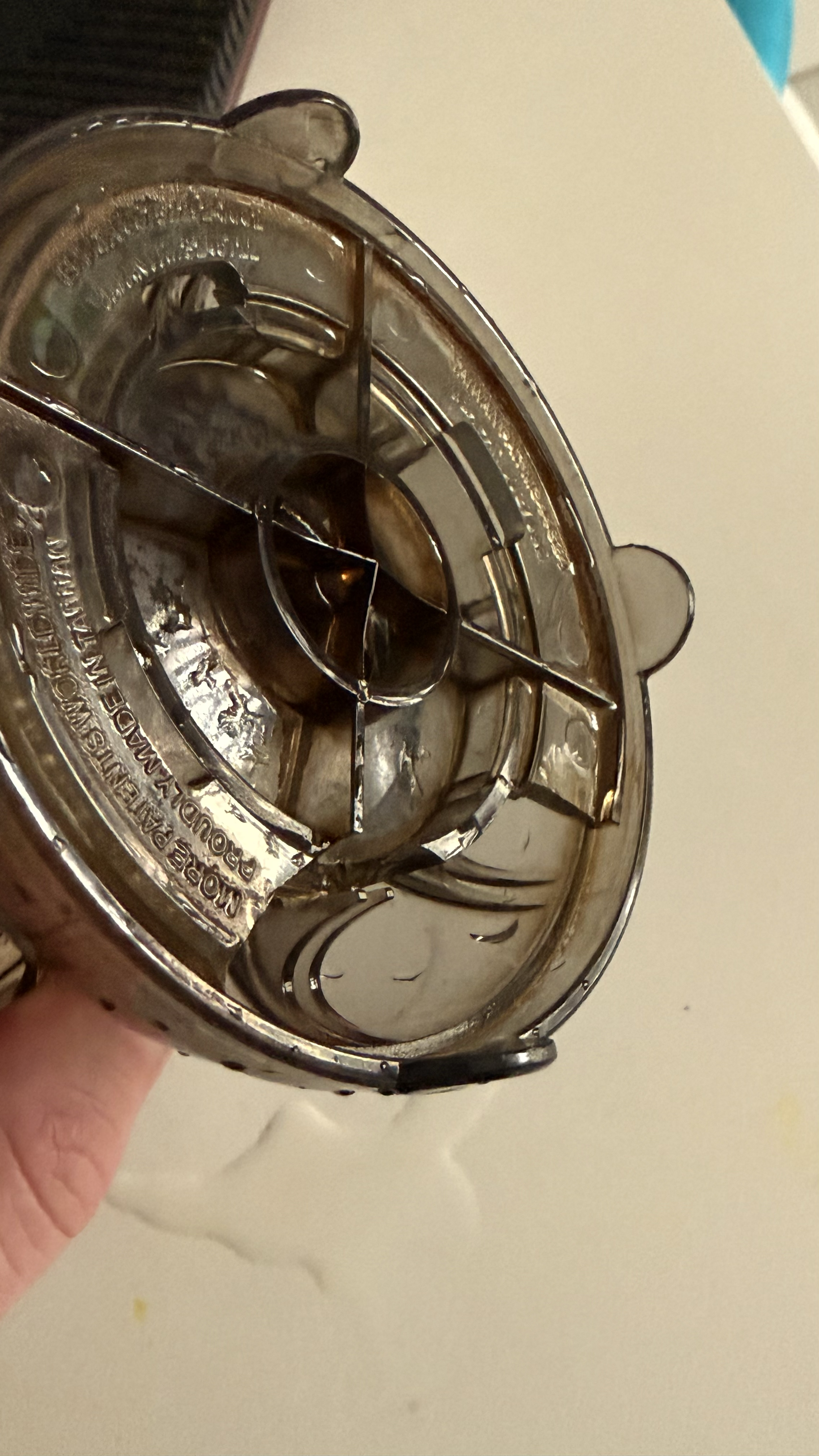

Source
Links
Report: Home Price Increases Outpace Inflation by 150% Since 1970
https://www.rismedia.com/2022/04/13/house-prices-outpaced-inflation-150-percent-since-1970/
[PDF] Black Americans: A Decade of Occupational Change : Bulletin of the ...
https://fraser.stlouisfed.org/files/docs/publications/bls/bls_1760_1972.pdf
Who Had It Worse? Homebuyers in the 80s vs. Today - Money Geek
https://www.moneygeek.com/living/home/1980s-vs-today-homebuyers-comparison/
How Home Prices and Household Incomes Changed Since 1960
https://listwithclever.com/research/home-price-v-income-historical-study/
Why Millennials Can't Afford Homes: Housing Prices vs. Inflation
https://anytimeestimate.com/research/housing-prices-vs-inflation/
[PDF] Youth Unemployment and Minimum Wages - FRASER
https://fraser.stlouisfed.org/files/docs/publications/bls/bls_1657_1970.pdf
1980s vs. now: Here's where it's much harder to buy a home - The Hill
[PDF] House Prices and the stance of monetary policy
https://www.ecb.europa.eu/pub/pdf/scpwps/ecbwp891.pdf
The Baby Boom and the U.S. Productivity Slowdown
https://www.stlouisfed.org/on-the-economy/2018/march/baby-boom-productivity-slowdown
Home affordability is the worst it has been since 1984 | CNN Business
https://edition.cnn.com/2023/08/24/homes/home-affordability-worst-since-1984/index.html
Caffeine, Dopamine, & Running - Long Run Coffee
https://longruncoffee.com/blogs/science/caffeine-dopamine-running
Does caffeine actually increase the production of dopamine ... - Reddit
Morning Coffee: A Brew for Positive Psychology and Productivity
Small pleasures are just as important for our wellbeing as long-term ...
Why It's Important to Celebrate the Small Joys - MindKind Central
https://www.mindkindcentral.co.uk/post/why-it-s-important-to-celebrate-the-small-joys
Caffeine and Dopamine - Health Benefits of Caffeine | HowStuffWorks
https://science.howstuffworks.com/caffeine5.htm
Ingestion of caffeine links dopamine and 5-hydroxytryptamine ...
https://pmc.ncbi.nlm.nih.gov/articles/PMC6732540/
Simple Pleasures Help Reduce Anxiety - HealthyPlace
https://www.healthyplace.com/blogs/treatinganxiety/2023/9/simple-pleasures-help-reduce-anxiety
Finding joy in the little things really can benefit your wellbeing
The small pleasures in life can produce moments of rapture - Psyche
https://psyche.co/ideas/the-small-pleasures-in-life-can-produce-moments-of-rapture
As always, I invite you to share your opinion in the comments
With love 😽 🤗 😘
K

